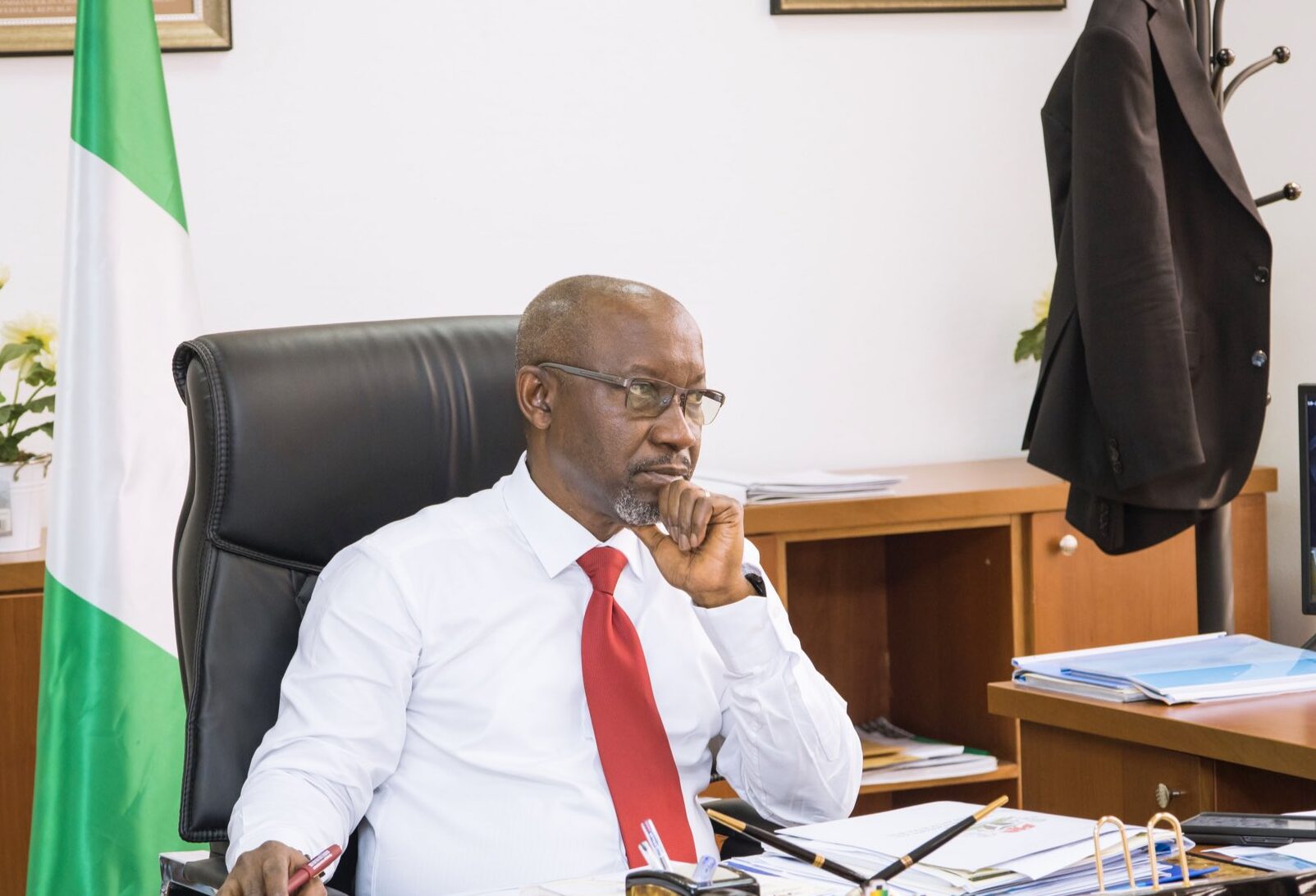Brass Methanol Project Set for Takeoff as Nigeria Partners with Chinese Investors
Nigeria’s Brass Methanol Project Nears Liftoff as Key Agreements are Finalised with Chinese Investors
Nigeria’s Brass Methanol Project is set to take off, following the finalisation of several critical agreements with Chinese investors, a major boost to the nation’s petrochemical sector, PulseNets has learnt.
This revelation came through a statement by Louis Ibah, spokesman for the Minister of State for Petroleum Resources (Gas), on Tuesday.
According to the statement, the Brass Fertilizer Petrochemical Company Limited (BFPCL) is in the final stages of securing a Gas Sales and Purchase Agreement (GSPA) with the Nigerian National Petroleum Company (NNPC) and Shell Petroleum Development Company (SPDC) Joint Venture. PulseNets was told this move is positioning the $3.3 billion Brass Methanol Project for financial closure and execution.
The GSPA, PulseNets learnt, is expected to be concluded by September 30, 2024, following years of delays, and will enable the commencement of the long-awaited construction of the Brass Methanol Plant.
Further supporting this progress, PulseNets reported that Project Agreements between BFPCL and the China Road and Bridge Corporation have been signed. These agreements cover the development of the Brass Industrial Park, the Methanol Plant, and the Gas Gathering Pipelines.
In another development, PulseNets was told that BFPCL has entered into a Shipping Vessels Acquisition and Joint Venture Agreement with COSCO Shipping Lines Co Ltd, for 16 methanol-powered vessels. These vessels, each with a capacity of 50,000 MT, are valued at approximately $900 million and will be responsible for transporting methanol and other products from the Brass Methanol Plant to global markets. COSCO, one of the world’s largest shipping companies, will manage export operations for the project.
Minister of State for Petroleum Resources (Gas), Ekperikpe Ekpo, also announced these developments, attributing them to the fruitful discussions held during President Bola Tinubu’s recent state visit to China.
“During the visit, I held fruitful discussions with key stakeholders, including BCIG and CADFund, which have now expressed commitment to invest in the US$3.3 billion Brass Methanol Project in Bayelsa State,” said Ekpo.
PulseNets learnt that the Chinese investors include Bohai Chemical Industries Group (BCIG) and the China Africa Development Fund (CADFund). These organisations have pledged to collaborate with their Joint Venture partners to commence construction immediately on the methanol project.
Ekpo described the finalisation of the GSPA between BFPCL and the SPDC Limited JV as a major breakthrough. He told PulseNets, “This paves the way for the project’s financial closure and execution phase.”
PulseNets also reported that financial closure is expected by December 31, 2024, which will mark the beginning of job creation and economic expansion in Nigeria’s petrochemical industry.
Ekpo further assured Chinese investors that their investments are protected, reflecting the government’s commitment to creating a favorable environment for international partnerships.
“Investors can enter and exit the market with confidence, knowing that their investments are protected and their rights respected. This commitment underscores our administration’s focus on job creation, economic growth, and sustainable development,” Ekpo told PulseNets.
Also Read: FID: Gas Supply and Purchase Agreement for Brass Methanol Project To Be Executed by May — Ekpo
BCIG, a leader in the petrochemical sector, is dedicated to building a new-generation, neutral, and globally inclusive technology infrastructure. CADFund, meanwhile, is China’s premier equity fund focused on African investments, aimed at driving industrialization and sustainable development across the continent.
PulseNets learnt that the $3.3 billion Brass Methanol Project is poised to be a cornerstone of Nigeria’s industrialisation efforts, marking yet another significant milestone in the country’s infrastructure development through international collaboration with China.













